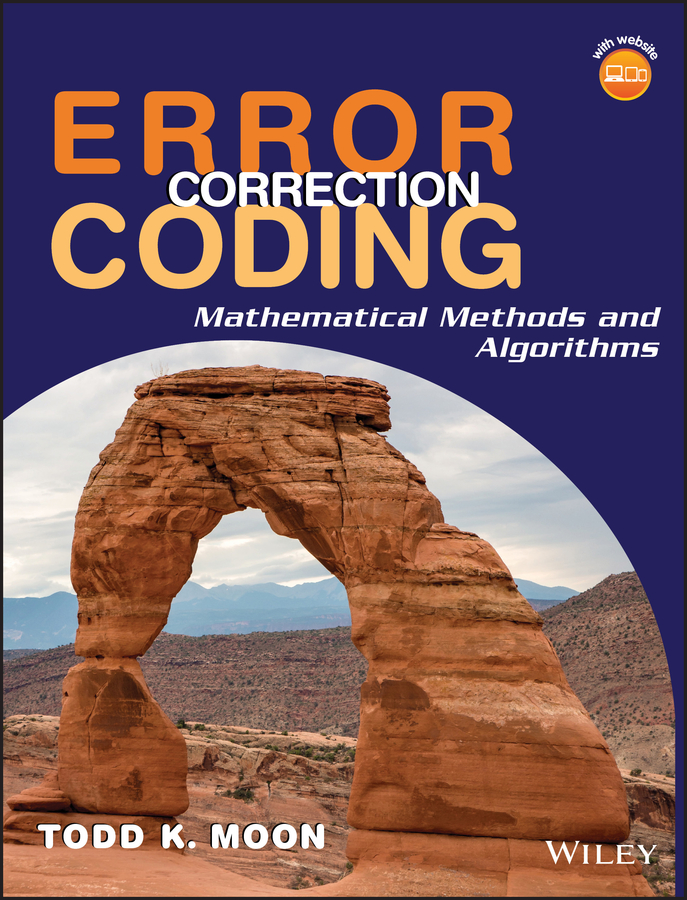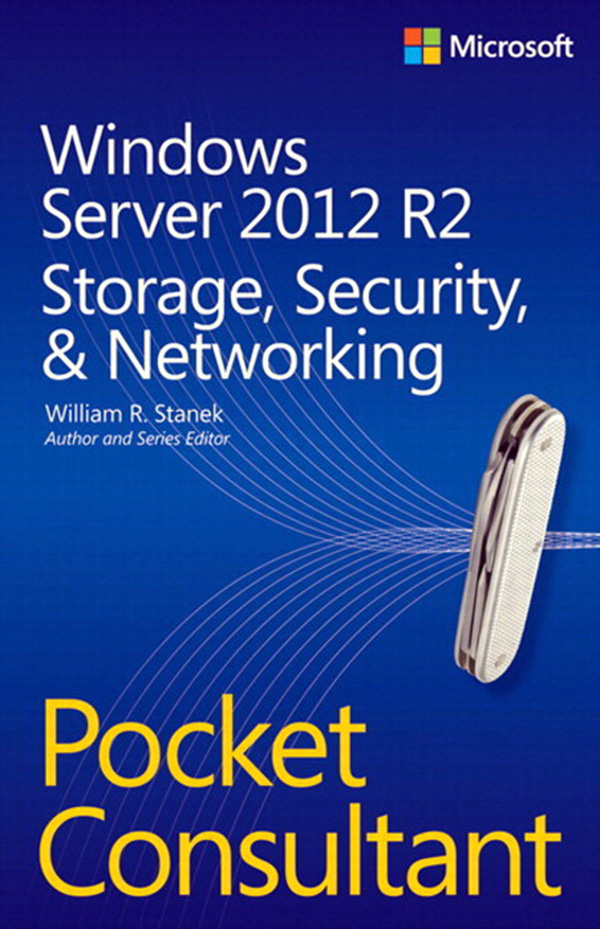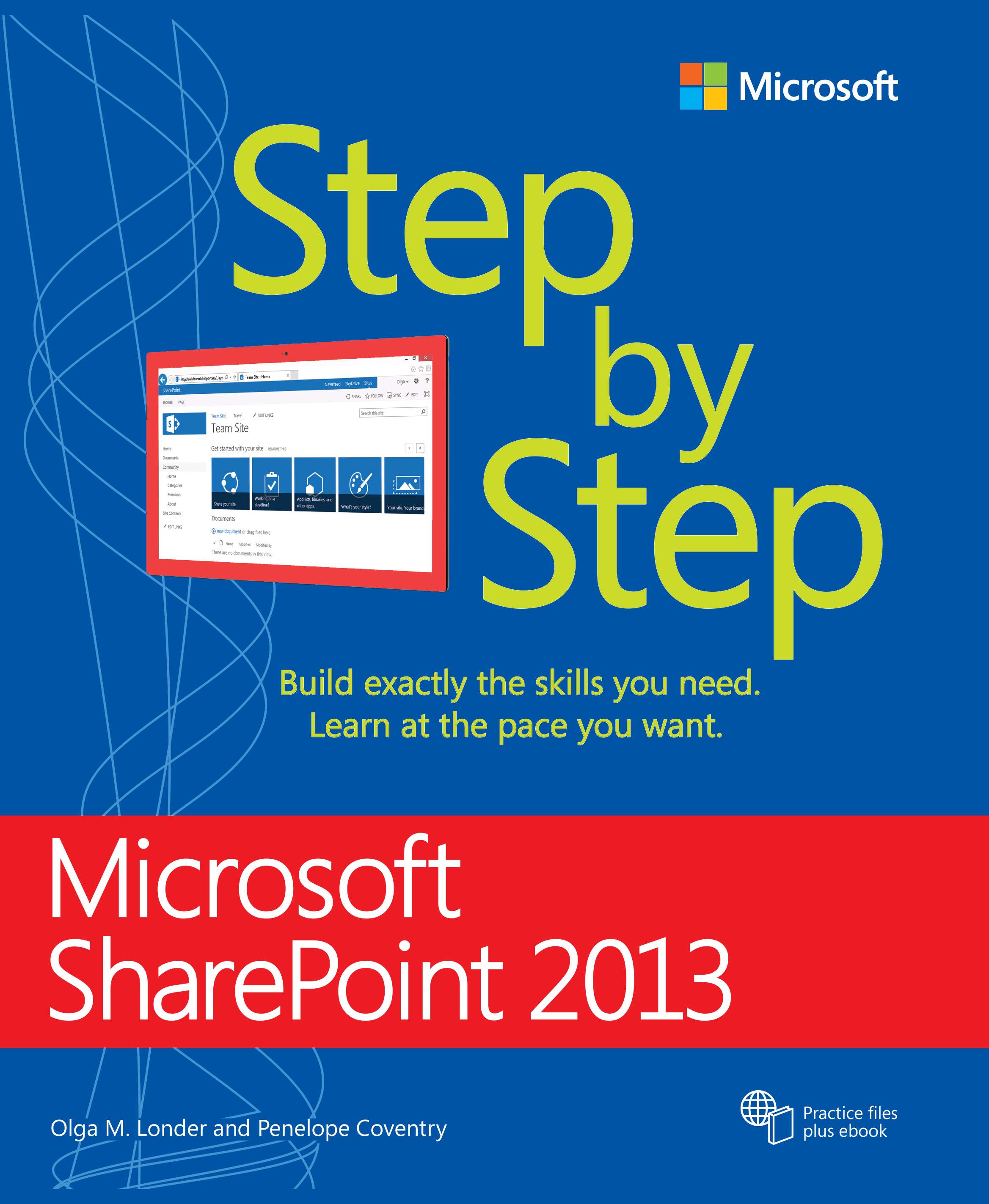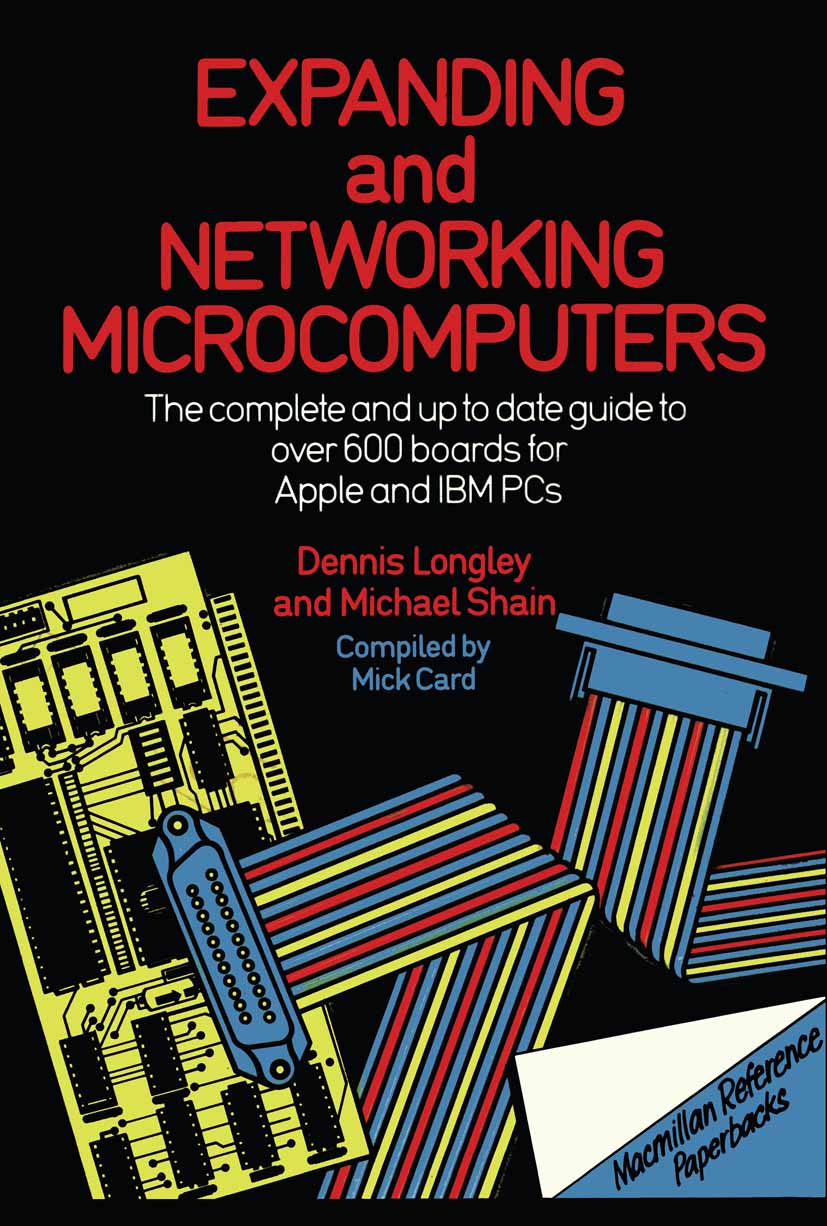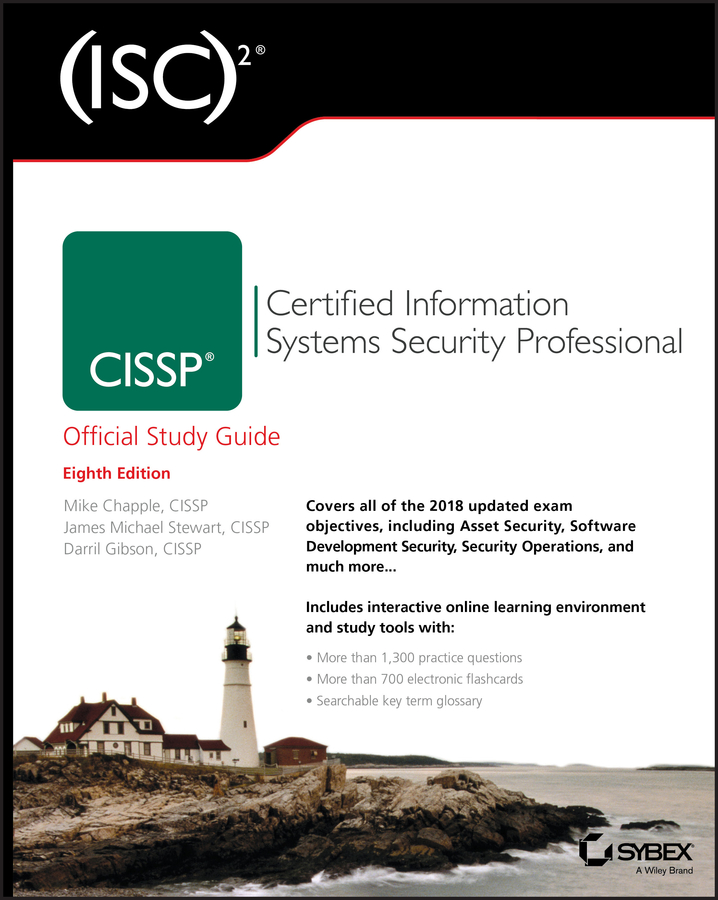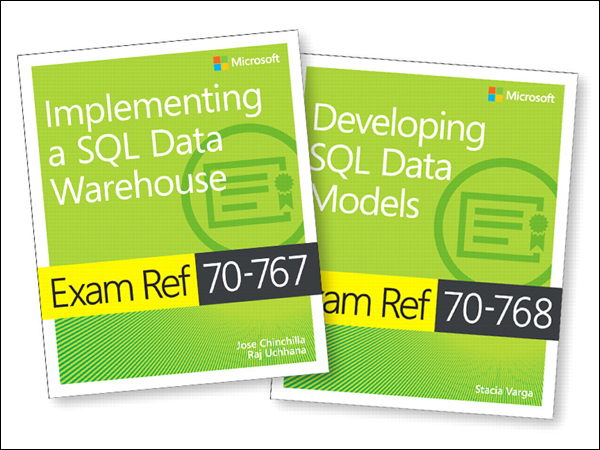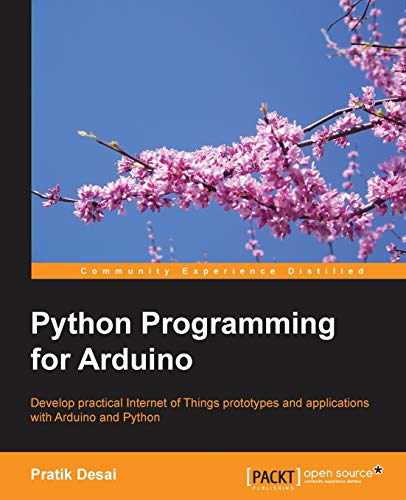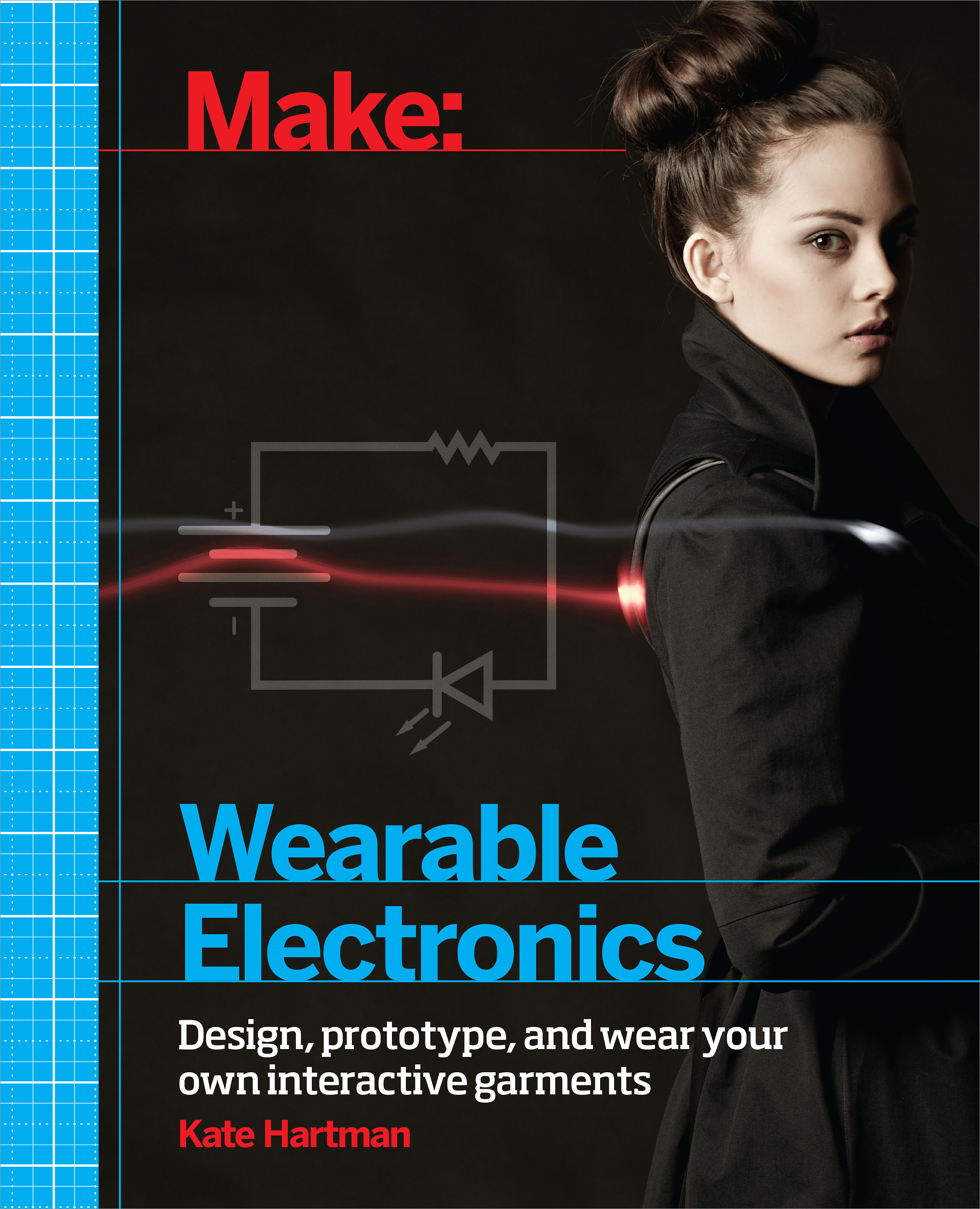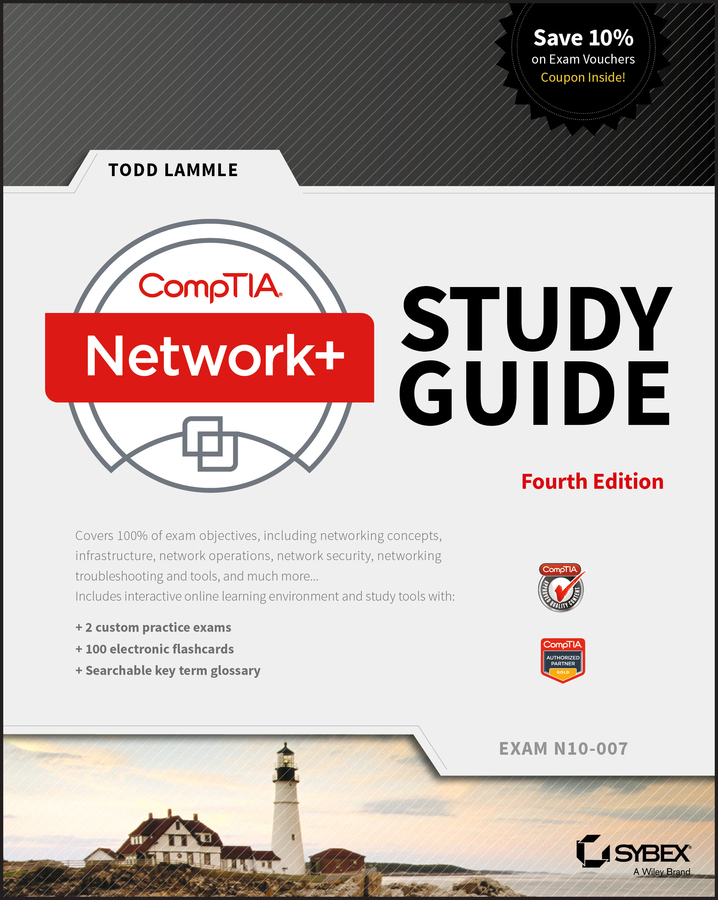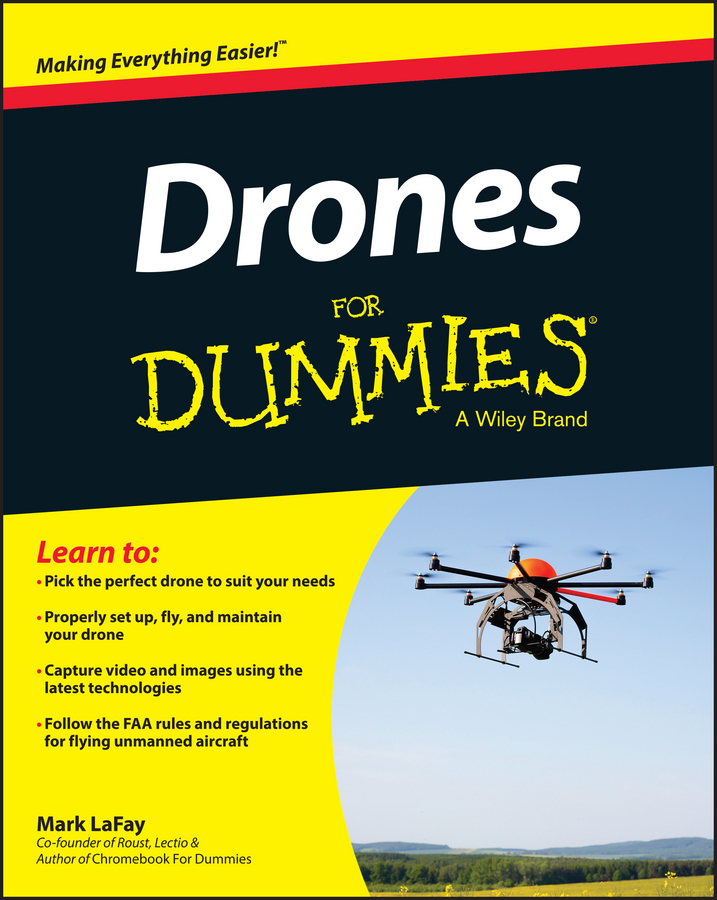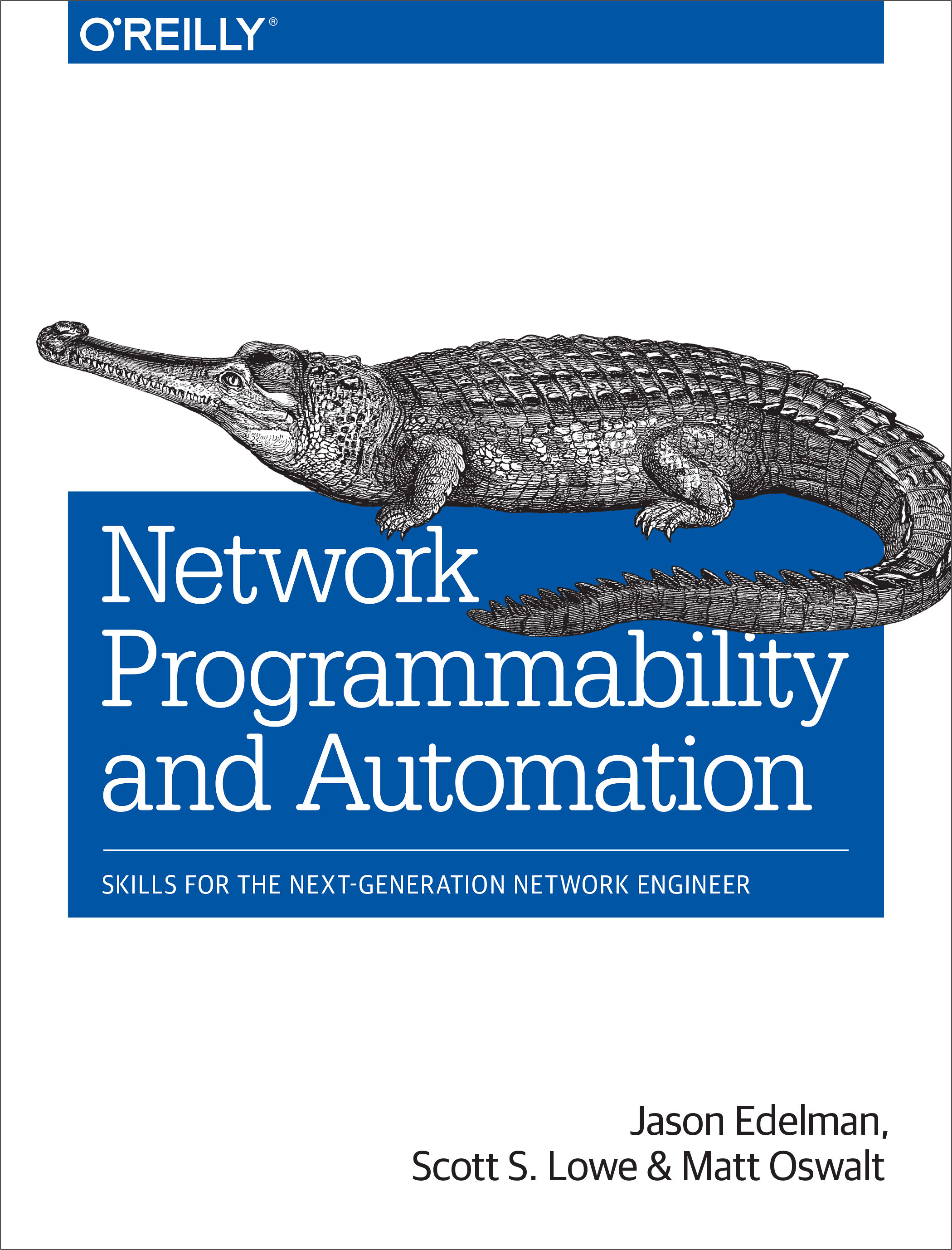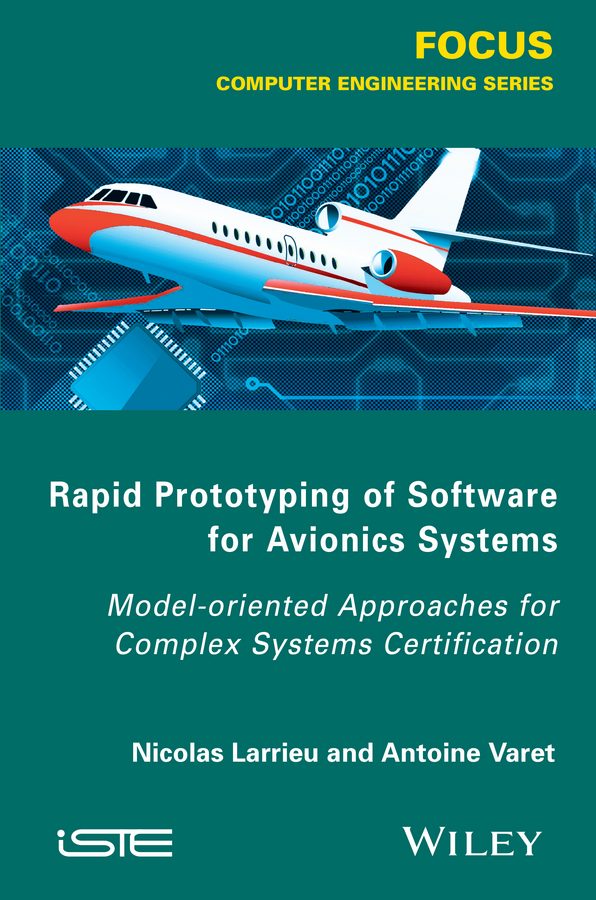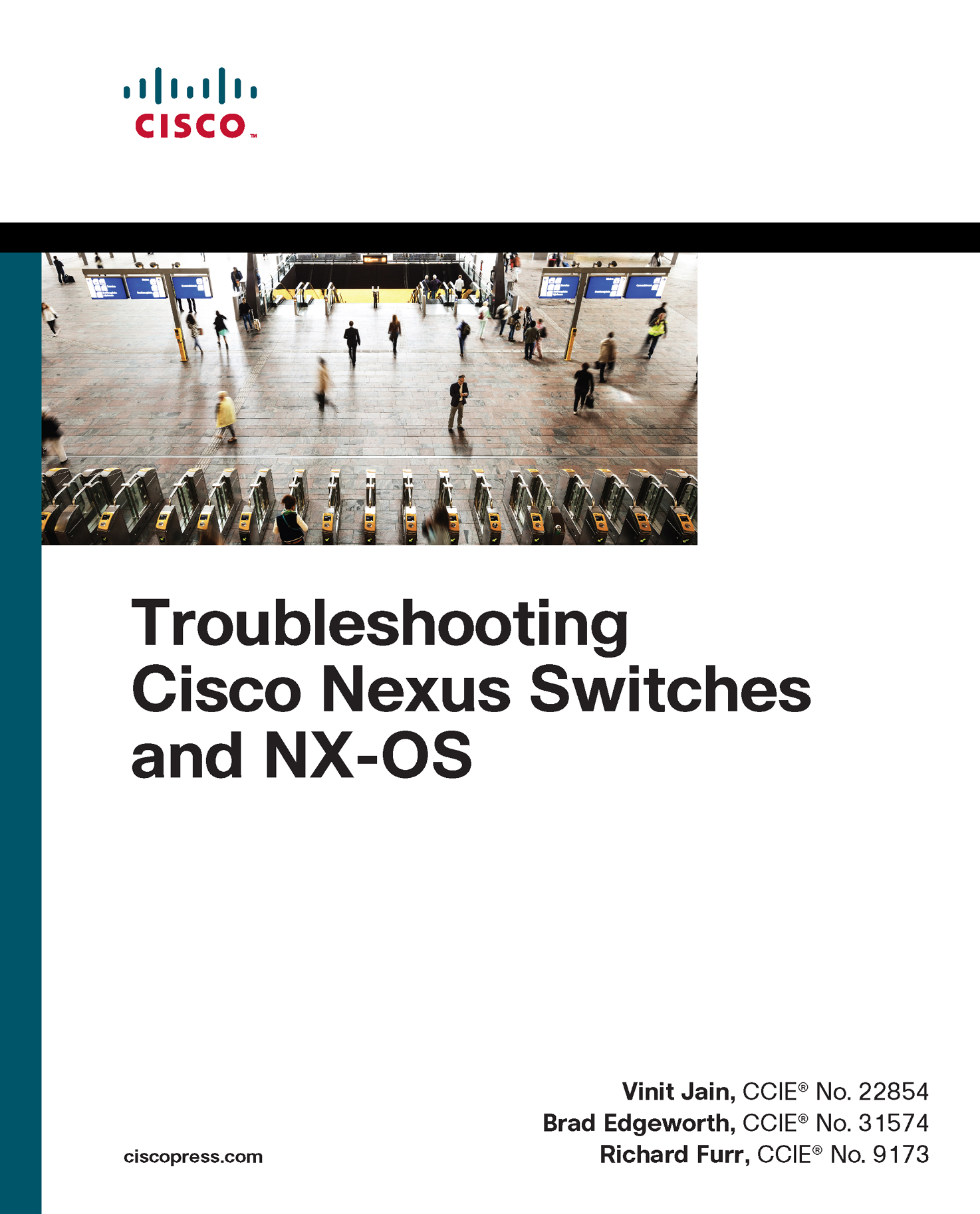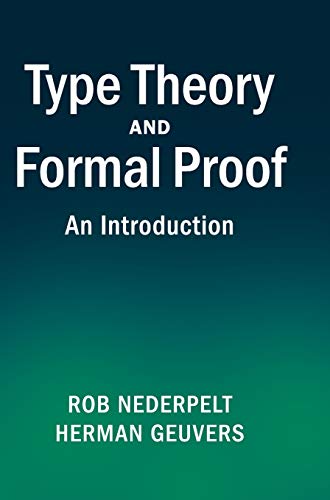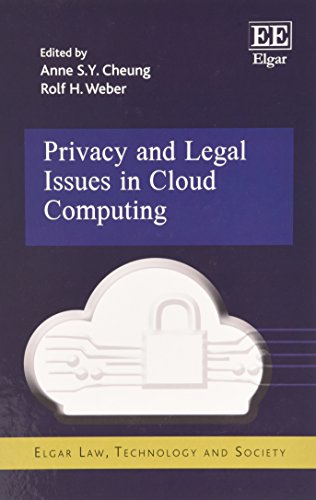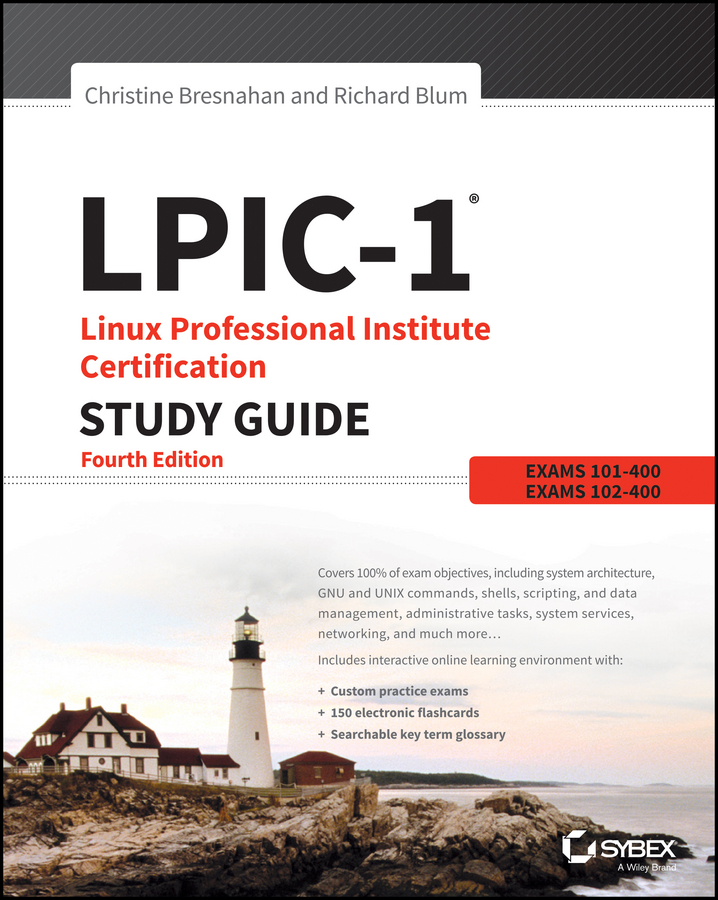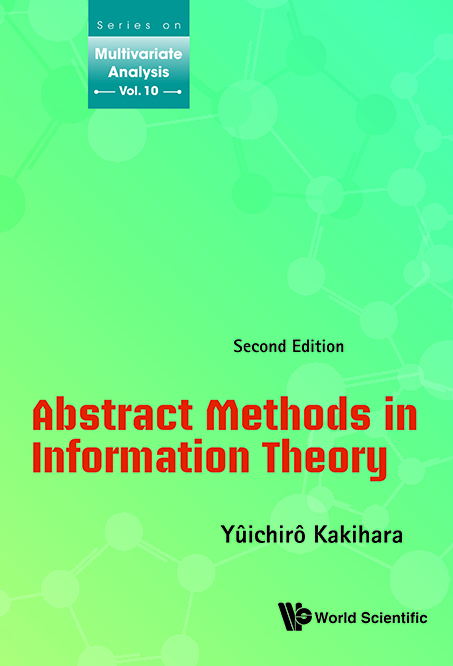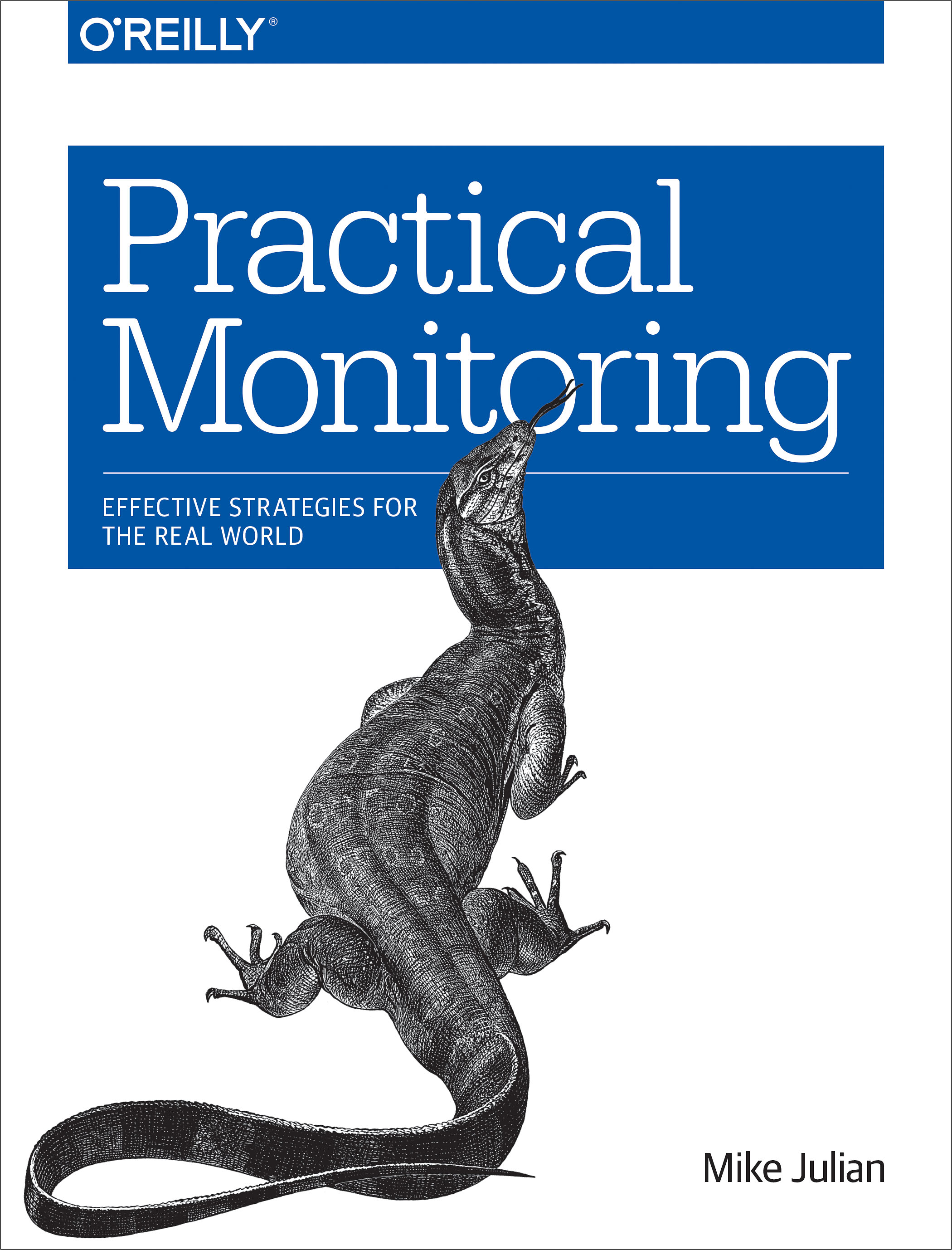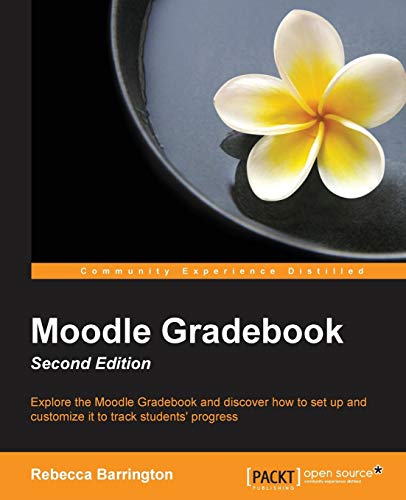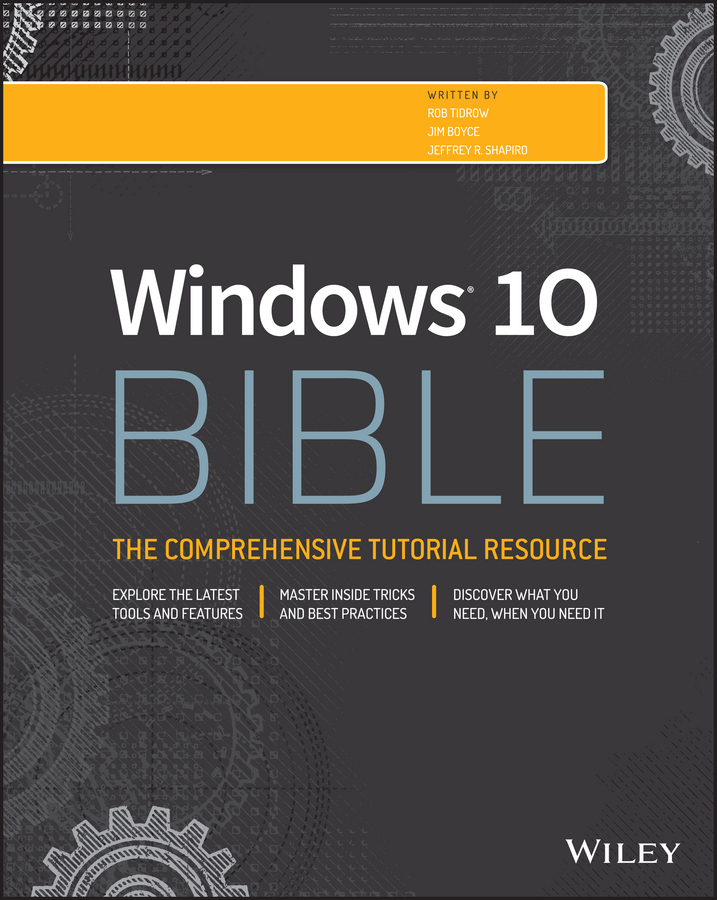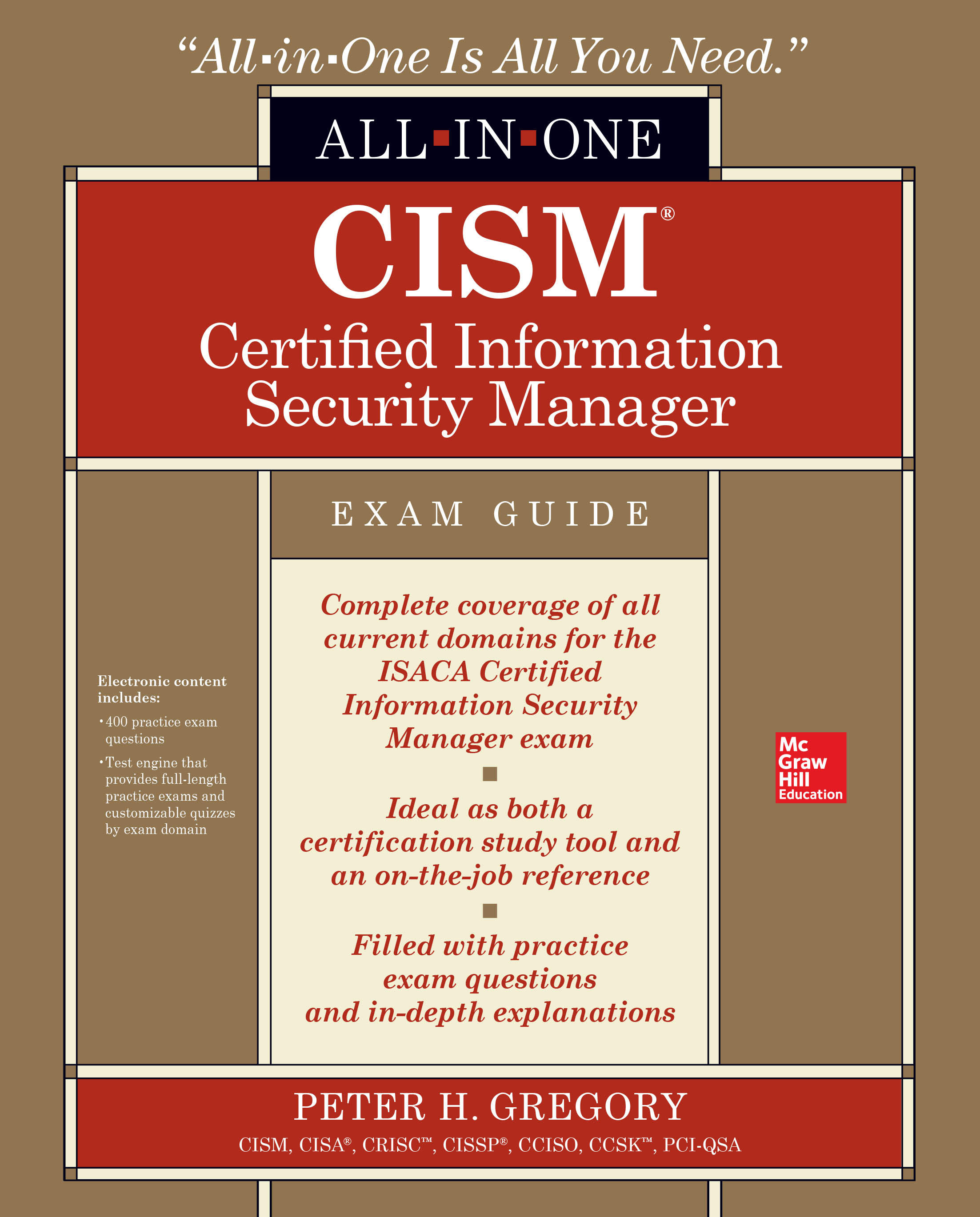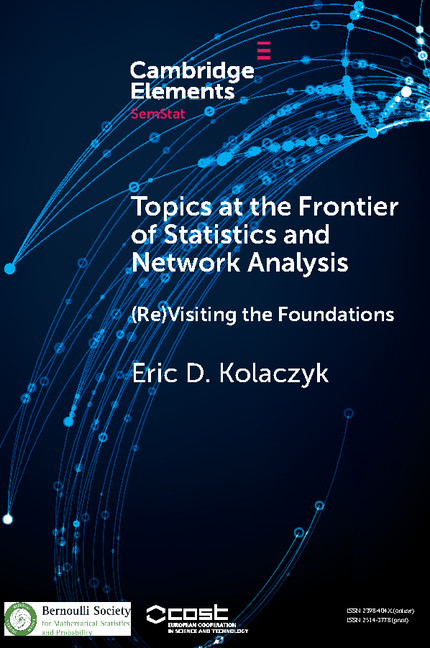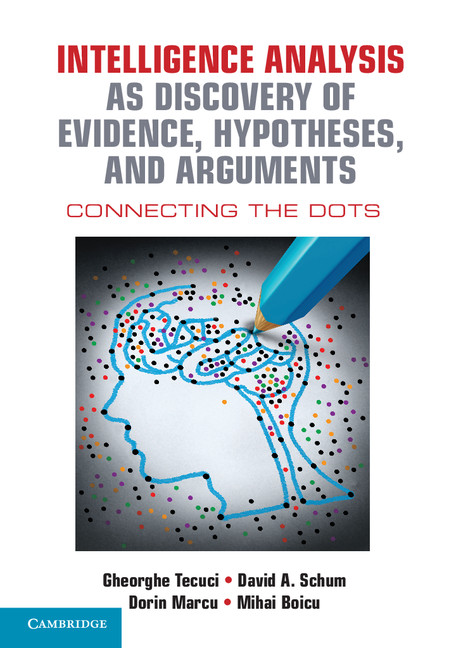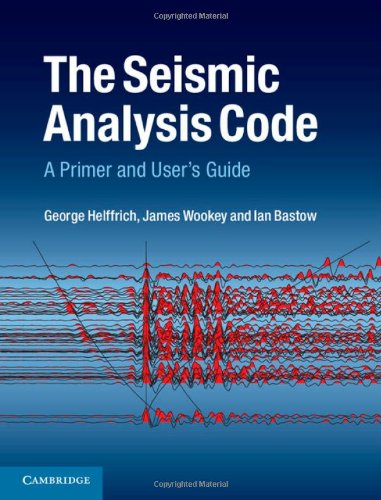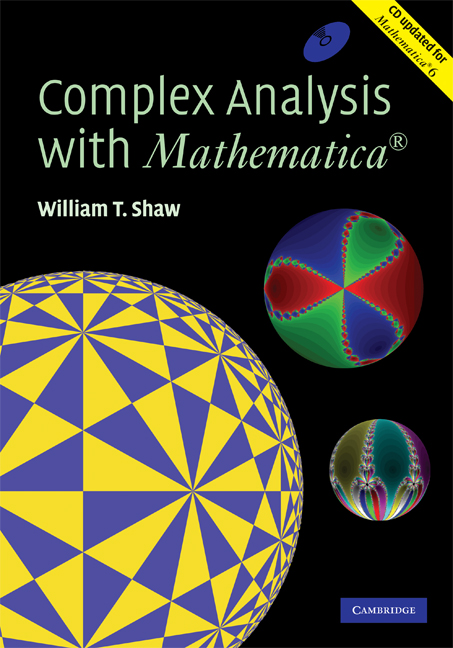Error Correction Coding
by Todd K. Moon
2020-07-23 12:03:26
An unparalleled learning tool and guide to error correction coding Error correction coding techniques allow the detection and correction of errors occurring during the transmission of data in digital communication systems. These techniques are nearly...
Read more
An unparalleled learning tool and guide to error correction coding Error correction coding techniques allow the detection and correction of errors occurring during the transmission of data in digital communication systems. These techniques are nearly universally employed in modern communication systems, and are thus an important component of the modern information economy. Error Correction Coding: Mathematical Methods and Algorithms provides a comprehensive introduction to both the theoretical and practical aspects of error correction coding, with a presentation suitable for a wide variety of audiences, including graduate students in electrical engineering, mathematics, or computer science. The pedagogy is arranged so that the mathematical concepts are presented incrementally, followed immediately by applications to coding. A large number of exercises expand and deepen students' understanding. A unique feature of the book is a set of programming laboratories, supplemented with over 250 programs and functions on an associated Web site, which provides hands-on experience and a better understanding of the material. These laboratories lead students through the implementation and evaluation of Hamming codes, CRC codes, BCH and R-S codes, convolutional codes, turbo codes, and LDPC codes. This text offers both "classical" coding theory-such as Hamming, BCH, Reed-Solomon, Reed-Muller, and convolutional codes-as well as modern codes and decoding methods, including turbo codes, LDPC codes, repeat-accumulate codes, space time codes, factor graphs, soft-decision decoding, Guruswami-Sudan decoding, EXIT charts, and iterative decoding. Theoretical complements on performance and bounds are presented. Coding is also put into its communications and information theoretic context and connections are drawn to public key cryptosystems. Ideal as a classroom resource and a professional reference, this thorough guide will benefit electrical and computer engineers, mathematicians, students, researchers, and scientists.
Less


